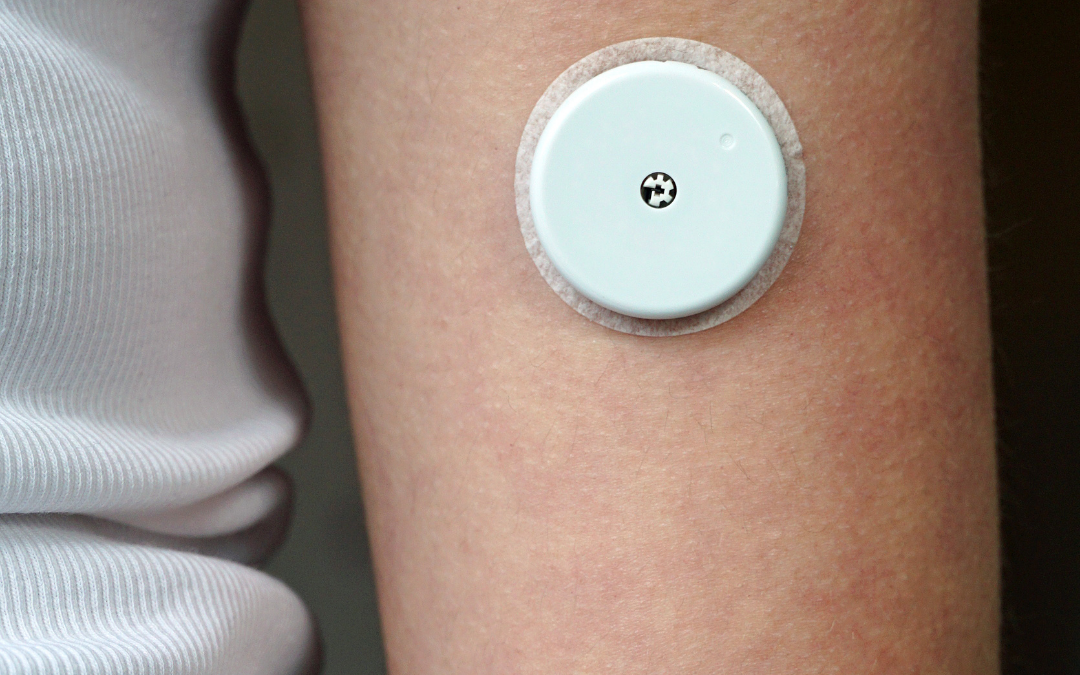
Related Posts

YOGA TO REGULATE THE AUTONOMIC NERVOUS SYSTEM
Related PostsYoga,...

IS ALCOHOL A HEALTH FOOD? ALCOHOL AND YOUR HEART
Related PostsWelcome to...

METABOLIC DYSFUNCTION AND THE ATHEROGENIC LIPID PROFILE
Related PostsWelcome to...

THIS IS YOUR HEART WITH METABOLIC DYSFUNCTION
Related PostsWelcome to...

METABOLIC HEALTH IS MORE IMPORTANT THAN WEIGHT LOSS
Related PostsWelcome to...

SHOULD YOU WEAR A CONTINUOUS GLUCOSE MONITOR?
Related Posts Many of...

IS HEART DISEASE SIMPLY A FAT HEART?
The most obvious fat in our bodies is the subcutaneous fat that builds up under our skin. But fat is stored in many other places: it’s in our bone marrow, and brown fat pads our spine and bones. Brown fat generates heat and keeps our resting metabolic rate high.
There is also fat around much of our internal organs, called visceral fat. It doesn’t generate heat, but it has many important functions. Visceral fat is the long-term energy storage tank. It contains the fuel we use when the short-term supply of glucose, and its storage form glycogen, is used up after a night’s sleep or during a fast. Visceral fat also makes important hormones. The hormone leptin tells the brain how much fat is stored in the body and is important for controlling our appetite and weight. Adiponectin, produced by healthy visceral fat, is anti-inflammatory and helps with insulin sensitivity. The hormonal products produced by visceral fat, like adiponectin and cytokines, can have effects throughout the body and more locally on tissues nearby to it.
A normal heart is up to 20% fat. The fat in the heart lies on the surface and is called epicardial fat. The heart uses fat for about 70% of its fuel, so the epicardial fat provides a reservoir of fuel. It also has anti-inflammatory and blood vessel dilating effects on blood vessels and heart tissue.
A big (fat) problem
Visceral fat is important for good health, but too much is a big fat problem. Too much visceral fat outgrows its blood supply. It attracts macrophages (white blood cells) and produces cytokines that promote inflammation and immune dysfunction locally and throughout the body. It stops making adiponectin.
Excess epicardial fat is associated with most heart problems, including coronary artery disease and heart attacks due to the build up of artery plaque. Epicardial fat is also associated with metabolic syndrome and diabetes, as well as low HDL cholesterol, high triglycerides, and high LDL cholesterol.
Atrial fibrillation and heart failure, in particular the most common kind of heart failure in which the heart is stiff and can’t relax (heart failure with preserved ejection fraction, or HFpEF), are also known to be associated with excess epicardial fat.
The amount of epicardial fat in a person with atrial fibrillation will predict how enlarged the atrium is, how quickly the atrial fibrillation will progress to persistent and permanent forms, how long a cardioversion or ablation will keep someone in normal rhythm, and how likely someone with atrial fibrillation is to have a stroke. Epicardial fat predicts the progression and complications of atrial fibrillation.
The conditions of coronary artery disease, metabolic syndrome, diabetes, atrial fibrillation, HFpEF, and systemic inflammation are so strongly related that it is less likely that one causes the other but that epicardial fat is a common parallel underlying cause.
You can see epicardial fat on a cardiac echo, but not how much there is. CT and MRI of the heart quantify how much epicardial fat is there, but these tests aren’t commonly done to look for fat. There is a correlation of epicardial fat with visceral fat in the abdomen, but sometimes epicardial fat is present without a large amount of visceral fat.
Lifelong heart healing
Getting rid of epicardial fat is frequently the key to healing a person’s heart disease. Several medications have been shown to reduce epicardial fat, including statin drugs, and some diabetic drugs, such as SGLT2 inhibitors like Jardiance. Calorie restriction and low-fat diets reduce visceral and epicardial fat, but almost always, the result is only temporary.
At Colorado Functional Cardiology we want to help you get the fat out of your heart for good. The first step to find out why you have a fat heart and to identify other causes of your heart condition. We will get you on a nutrient-dense diet, restore your gut health and microbiome, help you reduce your stress, detoxify your system, and work toward a heart-healing fasting lifestyle to dump the fat and build a strong, resilient body.
Find upcoming community fast dates on our Events page.
